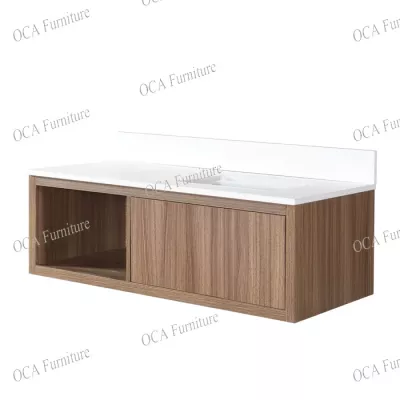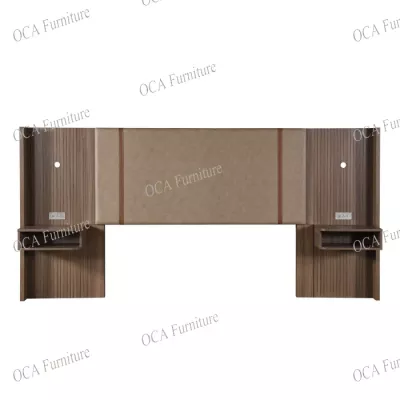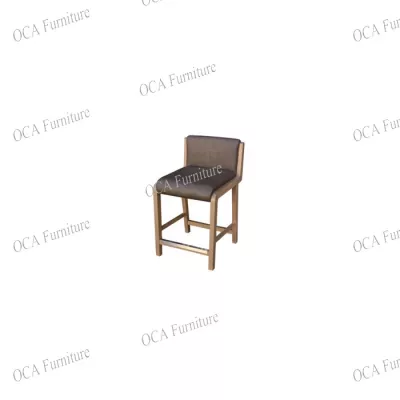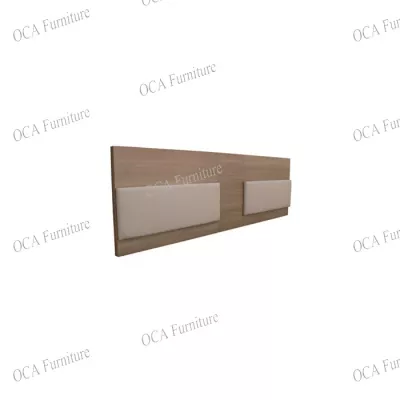With the recovery of the domestic economy, major hotel groups have emphasized the strategic layout of "expanding against the trend" after the epidemic.
For example, BTG Homeinns stated that it will firmly promote the plan to open 800-1,000 stores throughout the year, and Huazhu will implement the strategy of "thousand cities and thousands of stores". While expanding and opening stores, the layout of mid-to-high-end and sinking markets has also become the current main strategy of various hotel groups. In the first half of the year, BTG Homeinn opened 90 new mid-to-high-end hotels, accounting for 36% of new stores; China Lodging announced that its top mid-end brands have reached a thousand stores in Nanning, Guangxi this year; Atour said the epidemic has accelerated With the development speed of the domestic mid-to-high-end hotel market, the price range of Atour's full brand will increase to 400 yuan-1,000 yuan in the future.
Industry insiders analyze that under the dual impact of e-commerce and the epidemic, the vacancy rate of office buildings and other properties in first-tier cities has further increased, which means lower rental costs for hotel investors. At the same time, with the acceleration of urbanization, thanks to the improvement of infrastructure such as high-speed rail and aviation, business travel and leisure travel are more convenient. Third- and fourth-tier cities are becoming new market growth, which will show after the normalization of epidemic prevention and control. A faster and more stable recovery rebound. From the perspective of the hotel market recovery data, branded and chain mid-to-high-end hotels have stronger anti-risk and recovery capabilities. Under this situation, various hotel groups compete to launch new hotel brands, seize the mid-to-high-end market and sink the market, which is an inevitable trend for the development of the domestic hotel industry this year.
Wei Xiang, a researcher at the Institute of Finance and Economics of the Chinese Academy of Social Sciences and a professor at the Business School of the Chinese Academy of Social Sciences, believes that the expansion direction of major hotel groups after the epidemic is not wrong, but the expansion model should shift from the “extensional” expansion of the previous years to the “connotation” "Style" expansion, that is, through intelligent introduction to improve the hotel management model, not just the expansion of channels and brands. He pointed out that from 2017 to the end of 2019, hotel companies represented by OYO have been expanding rapidly, but have broken away from the fundamentals of quality. The epidemic has restrained this infinite extensional expansion, prompting hotel companies to shift to connotative development focusing on quality, service, hygiene, and safety.
At present, the domestic hotel industry is still under tremendous pressure, facing practical problems such as adjustment of customer sources and market shrinkage. Wei Xiang suggested that domestic hotel groups should forget their inherent advantages for the time being, that is, the huge domestic consumer market, and focus on digital management and internal quality upgrades based on hygiene and safety, and shift the track from the outside to the inside.







